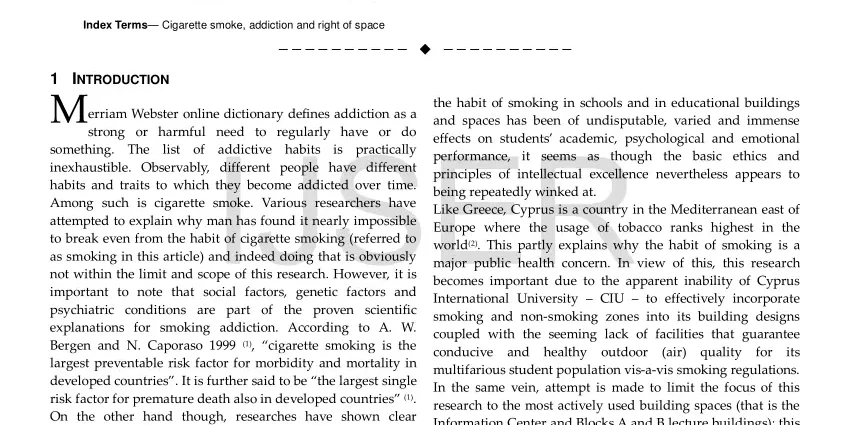Children and adolescents who are exposed to second-hand smoke in the home may receive lower grades at school than their peers in non-smoking families, according to a Hong Kong study published in the Journal of Pediatrics.
Secondhand smoke is a well-known health risk to children. They have been linked to a higher risk of asthma, bronchitis, pneumonia, and other respiratory infections. Studies have also shown that smoking during pregnancy is associated with increased behavioral disturbances in children and attention deficit hyperactivity disorder (ADHD).
There have also been reports that children exposed to cigarette smoke in the womb or at home may lag behind their peers in terms of mental abilities such as reasoning and remembering.
To check this information, scientists from the University of Hong Kong conducted research among more than 23. learners from 11 to 20 years of age. None of the respondents smoked cigarettes. Data for analysis were collected using a questionnaire.
It turned out that students living with even one cigarette smoker more often assessed their academic performance as poor. When two people smoked in an orphanage, the risk of lower achievement at school increased by 43%, and when three people or more – by 87%, compared to their peers from tobacco-free homes.
The probability of getting worse grades was 28 percent. higher in the group of respondents who were exposed to secondhand smoke at home 5-7 days a week. In the case of students exposed to cigarette smoke for a shorter period of time, i.e. for 1-4 days a week, the probability was higher by 14%.
The children ‘s parents were the least likely to be the source of the smoke, and more often they were unrelated people, e.g. guests.
As the scientists emphasize, these studies do not prove that passive smoking is the cause of inferior academic achievement, they only indicate that there is a relationship between these phenomena. Nevertheless, according to the researcher, Dr. Sai-Yin Ho, it is biologically very likely that the toxic compounds from tobacco smoke – including lead, arsenic, ammonia and hydrogen cyanide – can impair the mental abilities of children.
The authors of the study point out that it has many disadvantages, such as the fact that data on academic performance and exposure to tobacco smoke came from students. The researchers also failed to include in the analysis the full range of factors that could influence the final outcome, such as whether students were exposed to tobacco smoke in the womb.
In their opinion, in the future, similar studies should include objective measurements of exposure to cigarette smoke, such as the analysis of children’s urine samples for the presence of a nicotine metabolite and information from school records.
However, whether or not second-hand smoke actually worsens academic performance, there are many documented reasons that should encourage parents to quit smoking and prevent their children from inhaling it, the researchers conclude. (PAP)










